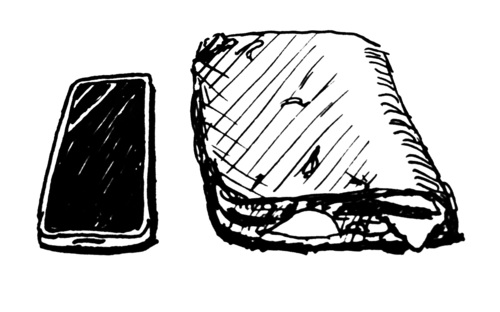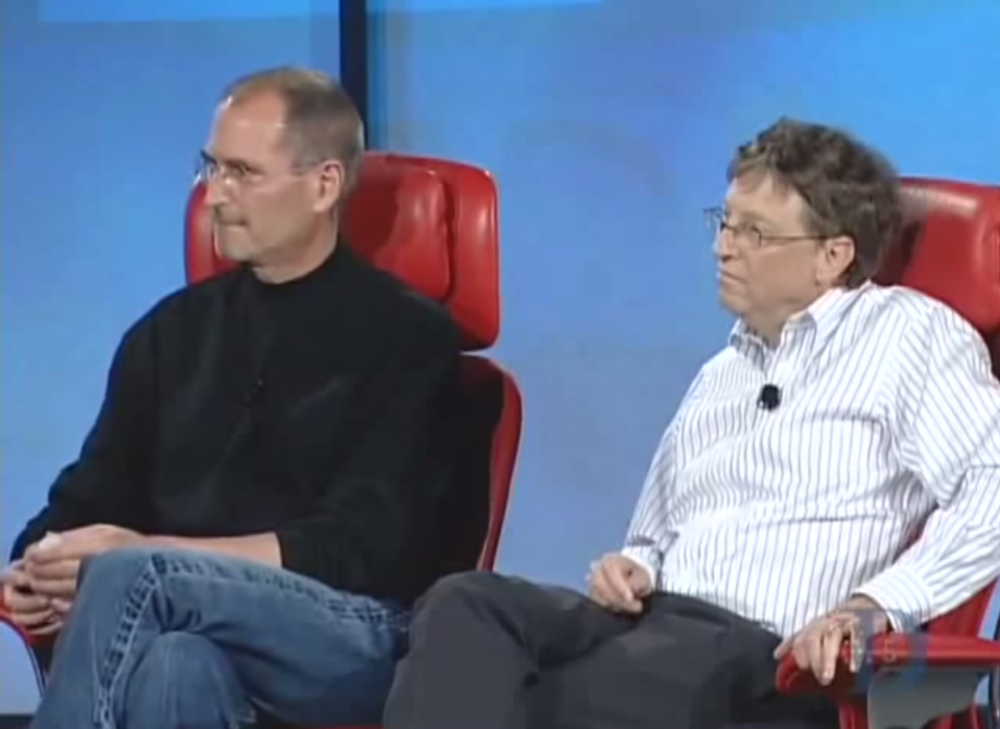Ready Player One / Ernest Cline
I’m no sci-fi fan, and fantasy definitely isn’t my thing, so I was surprised to quite enjoy Ready Player One, Ernest Cline’s first novel.
It’s a strange book. The writing style is very much teen-lit - probably aimed at 14-20 year olds. But the book is literally a catalogue of detailed 80s pop culture references - music, games, books, anime. Those who are old enough to enjoy the 80s stuff are surely too old for the boy-meets-world bland storytelling. I’m not sure how the two have reconciled to create an audience for this book but they certainly have.
It’s 2045 and the world is looking grim. We’ve used up all the oil and urbanisation has run rampant. Urban poverty is huge. Our protagonist Wade lives on the 22nd level of a stack - a tower made up of RVs. Like most of the world he spends his days immersed in a virtual reality game called the OASIS.
The uber-billionaire co-founder of the OASIS has died leaving an 80’s based easter egg hunt with his fortune and controlling shares in the OASIS as a prize.
The plotline is tenuous. The characters are one-dimensional knock-offs from Harry Potter. The dialogue could have come from any teen novel of the last 20 years.
But the world Cline builds is fascinating. And the virtual reality aspects feel within the realms of plausibility given that Facebook own John Carmack’s Occulus Rift.
The book gave me some perspective on MMORPGs, fantasy games and cosplay. None of which I’ve so far understood.
I can’t think that I learned anything much from it. But the final half was a page turner and I definitely felt immersed in a dystopian future world.

